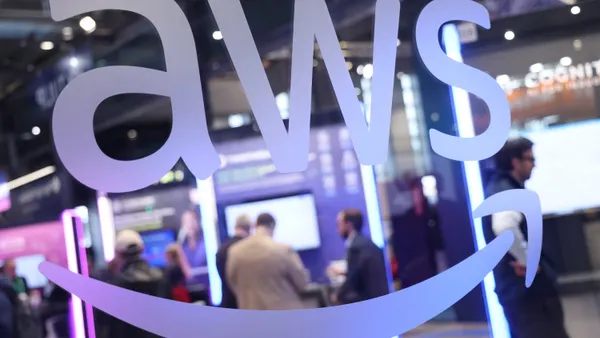Dive Brief:
- President Donald trump is planning an executive order to overhaul the work-visa programs — including H-1B visas — which are used by tech companies across the country to hire employees, Bloomberg reports. The order would compel business to try to hire Americans first.
- "Visa programs for foreign workers … should be administered in a manner that protects the civil rights of American workers and current lawful residents, and that prioritizes the protection of American workers — our forgotten working people — and the jobs they hold," the executive order says, according to a copy Bloomberg viewed.
- If companies were to hire foreign workers, they would have to prioritize work for high-wage earners.
Dive Insight:
The news about the Trump administration's planned overhaul comes just days after the president signed an executive order on immigration, which suspended entry of immigrants and non-immigrants into the U.S. from seven predominantly Muslim countries; Iran, Iraq, Libya, Somalia, Sudan, Syria and Yemen.
Now, with reports of work-visa overhaul surfacing just days later there is likely to be swift reaction against any work-visa overhauls. Changes could drastically impact the tech industry. In 2014, 65% of visas were given to workers in computer-related jobs, according to Homeland Security data.
During the transition, Trump's team and executives from the tech industry reportedly discussed changing the current lottery system for H-1B workers to adopt a visa-petition system for the highest paying jobs. The move is in line with Trump's campaign priorities, which emphasized "America first."
The H-1B program has been widely criticized for allowing outsourcing firms to use visas to bring in lower-paid workers in entry-level IT jobs. But program supporters say the program allows them to fill niche skill sets that are difficult to find experts for. And a recent study found that H-1B workers are generally not cheaper to employ than their American counterparts. Program changes would heavily impact Indian outsourcing firms, which regularly are the leading recipients of H-1B visas.
Lawmakers have previously attempted to reform the program, but their bills have stalled in Congress. Some have reintroduced their legislation this year.












